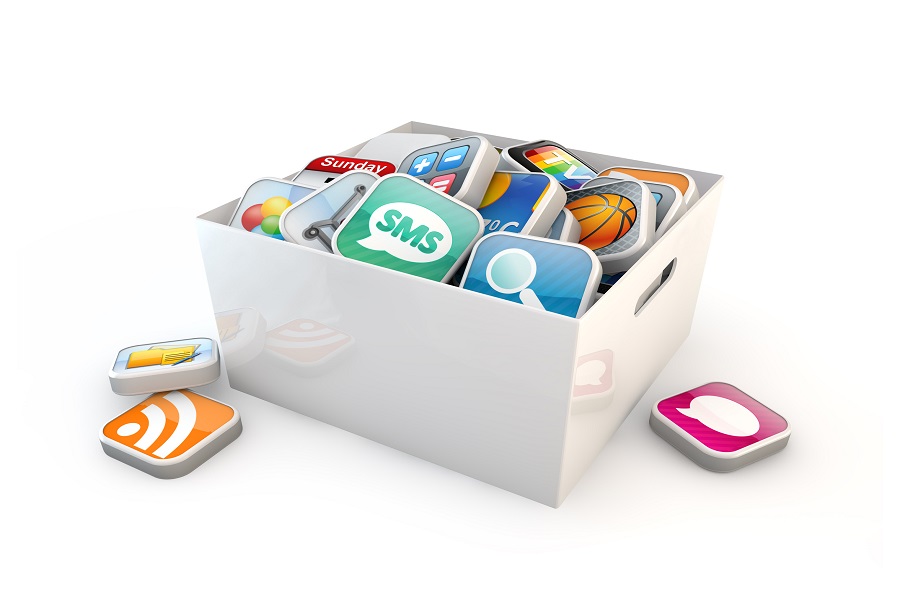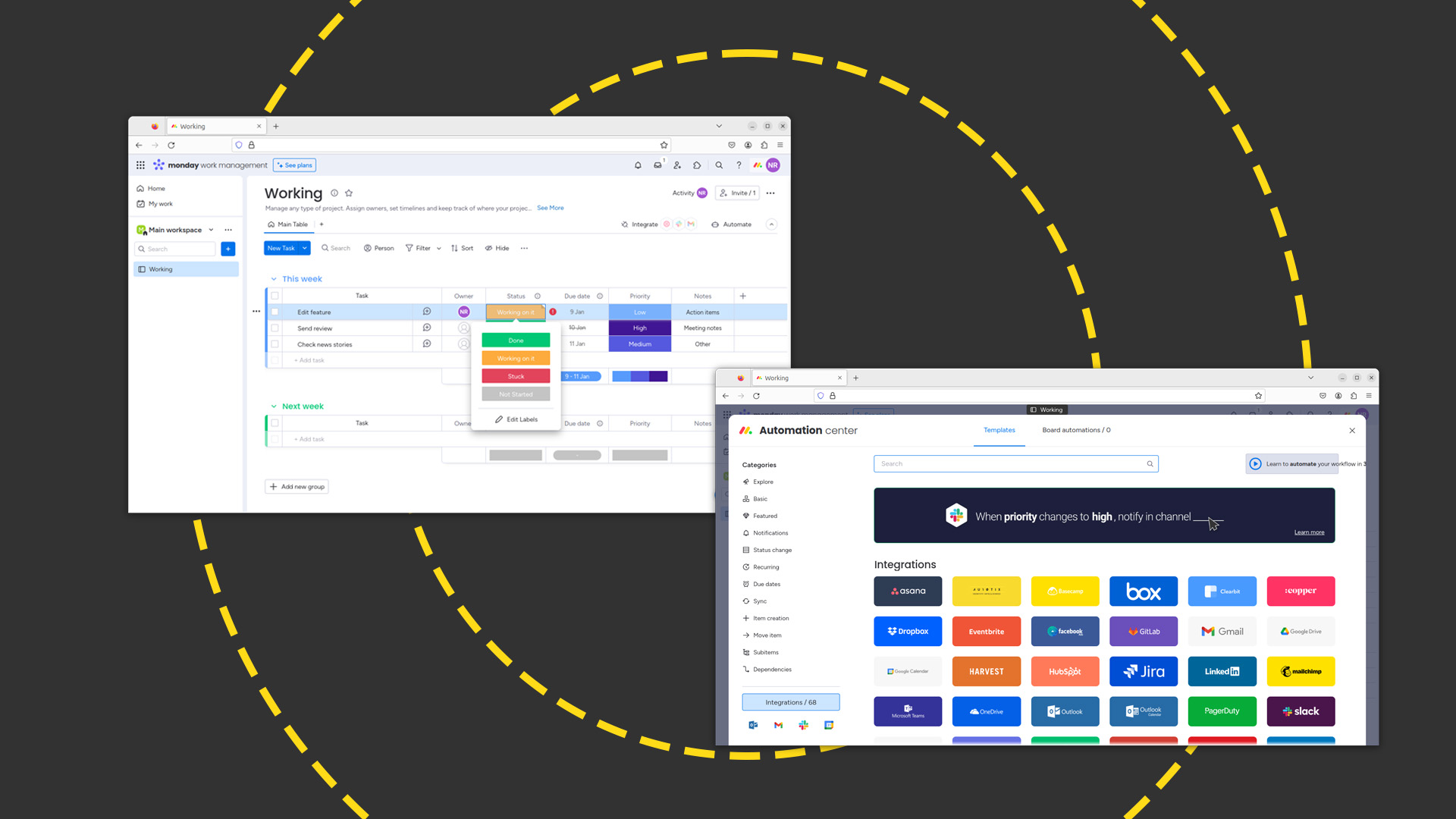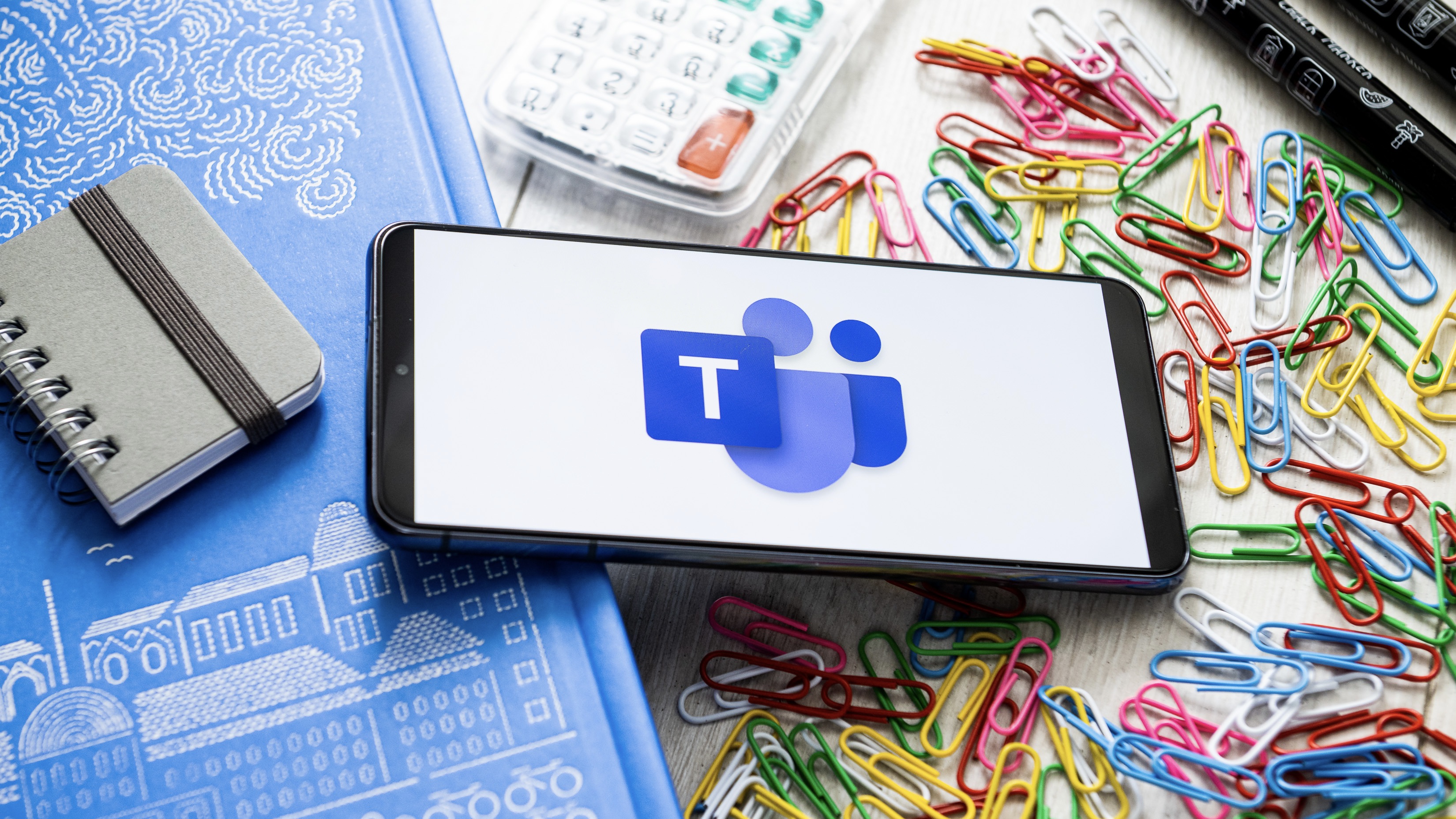Five years of app stores, and software has changed forever
Apple's pioneering App Store has changed the way consumers buy software. And businesses are following.

Inside the Enterprise: Apple's App Store is five years old. In that time, it has changed both the way we think about software, and even our vocabulary.
Once, few people talked about computer programs with any degree of enthusiasm, unless perhaps they worked in this industry. But millions of consumers have now downloaded software to their phones and tablets, and the term "app" has entered the mainstream.
Apple alone claims that downloads from its app store passed the 50 billion mark in June. Google Play, the main Android app store, is expected to pass that mark this year too, taking the number of apps downloaded to over 100 billion.
Allowing individual users to download, and update, their applications via an app store is fundamentally changing the way businesses deploy software.
For consumers, the main advantage of app stores is convenience. Price is a factor, of course: plenty of apps are either free, or advertising funded.
For smartphone owners, being able to add to their devices' functions with a simple download, over the air, is that much easier than the old method of downloading a software installer to a PC, finding the (phone specific) connection cable, and then running obscure installation software. That phones are so much more powerful and can do more interesting things doesn't hurt, either.
For businesses, apps have also brought changes, but the picture is more mixed.
Although computers now have app stores too there is the Mac App Store from Apple and also an app store for Windows 8 take up has been slower, and the app choice is more limited. Key apps, such as Microsoft Office, are missing from the Mac app store, whilst software vendors such as Adobe have opted for a subscription model.
Get the ITPro daily newsletter
Sign up today and you will receive a free copy of our Future Focus 2025 report - the leading guidance on AI, cybersecurity and other IT challenges as per 700+ senior executives
Rather, growth is coming from either bolt-on applications and utilities, or cloud-based services. It is increasingly easy to download services such as Evernote or Dropbox, and use these alongside mainstream business applications; some might argue it is even too easy, given the potential security concerns.
But allowing individual users to download, and update, their applications via an app store is fundamentally changing the way businesses deploy software too. Larger organisations can set up their own app stores; others have created lists of approved apps that they have tested. Although there are some concerns around areas such as payments for apps, the idea of expensing iTunes credits, or allowing downloads to be billed to a mobile phone account, may well be more efficient than corporate purchasing.
As Alexandre Mesguich, VP of enterprise research at analysts CONTEXT puts it, app stores have already changed the software landscape, and will continue to do so.
He believes that app stores will increase the number of enterprise programs available to buy, and will also become more flexible, when it comes to payments. And mobile device management technology is also being updated, to give businesses more control over who downloads which apps, and how they pay for them. The app store, it seems, is here to stay.
Stephen Pritchard is a contributing editor at IT Pro.
-
 Bigger salaries, more burnout: Is the CISO role in crisis?
Bigger salaries, more burnout: Is the CISO role in crisis?In-depth CISOs are more stressed than ever before – but why is this and what can be done?
By Kate O'Flaherty Published
-
 Cheap cyber crime kits can be bought on the dark web for less than $25
Cheap cyber crime kits can be bought on the dark web for less than $25News Research from NordVPN shows phishing kits are now widely available on the dark web and via messaging apps like Telegram, and are often selling for less than $25.
By Emma Woollacott Published
-
 More than half of UK enterprises regret at least one software purchase – here’s how to prevent buyer’s remorse
More than half of UK enterprises regret at least one software purchase – here’s how to prevent buyer’s remorseNews More than half of UK enterprises regret at least one software purchase they've made in the last 18 months.
By Emma Woollacott Published
-
 Zellis snaps up AI-powered HR software firm elementsuite
Zellis snaps up AI-powered HR software firm elementsuiteNews Elementsuite will be integrated with Zellis’ own payroll and HR software offering
By Daniel Todd Published
-
 ‘SaaS dependency’ is becoming a major issue for tech leaders
‘SaaS dependency’ is becoming a major issue for tech leadersNews The survey highlighted issues around maintenance, innovation, and data
By Emma Woollacott Published
-
 Monday.com review: Work management platform works best when you pay for it
Monday.com review: Work management platform works best when you pay for itReviews The versatile 'Work OS' skilfully balances power, flexibility, and ease of use
By Nik Rawlinson Published
-
 How big is the Windows 10 cliff-edge?
How big is the Windows 10 cliff-edge?ITPro Network With some comparing the upcoming Windows 10 end of life to Windows XP, we ask members of the ITPro Network for their insight
By Jane McCallion Published
-
 Rolls-Royce is empowering citizen developers through Power BI
Rolls-Royce is empowering citizen developers through Power BICase Study The rise in employee-led development communities have the power to exceed any CIO’s expectatons
By Rory Bathgate Published
-
 New Microsoft Teams features for business users
New Microsoft Teams features for business usersIn-depth All the latest Microsoft Teams features after the platform is given a redesign, complete with an AI-powered assistant and a faster engine
By Danny Bradbury Published
-
 Oracle’s Java subscription changes spark concerns over cost hikes for smaller businesses
Oracle’s Java subscription changes spark concerns over cost hikes for smaller businessesNews Smaller businesses could incur significant cost hikes as high as 1,400% with most new customers expected to pay at least double
By Ross Kelly Published